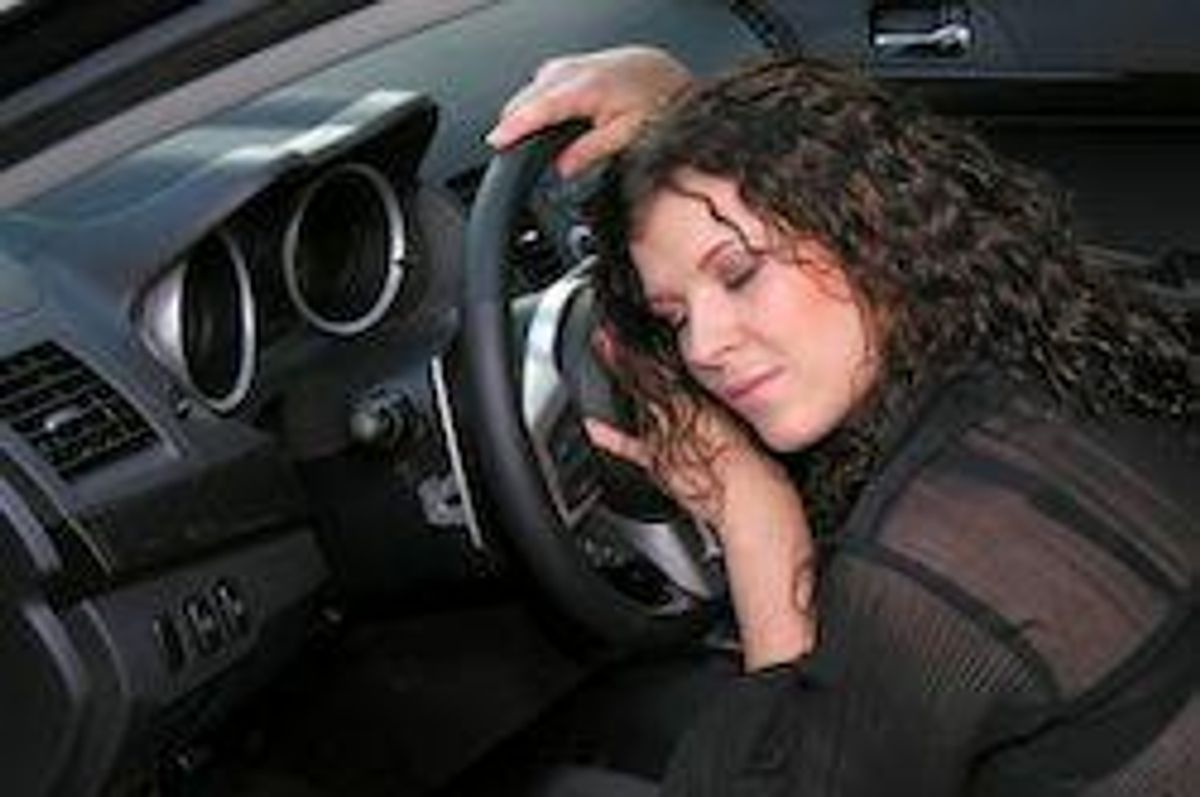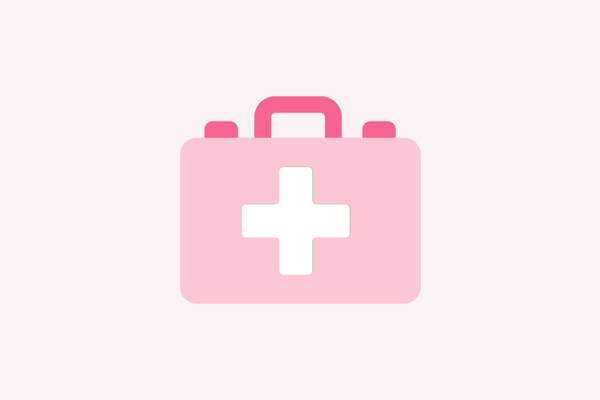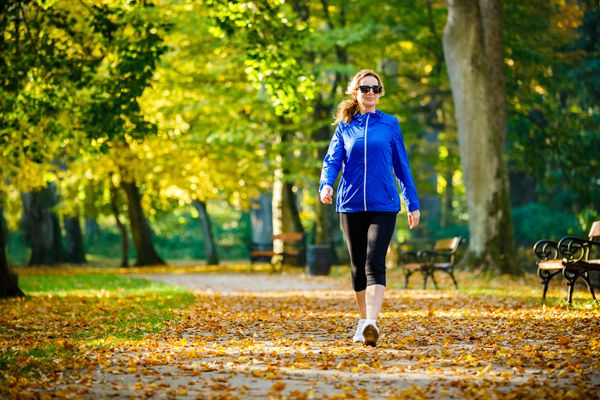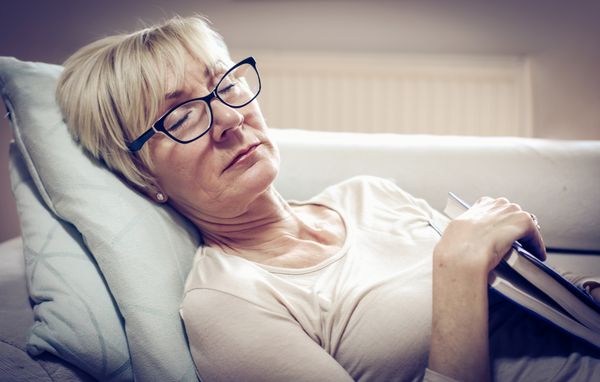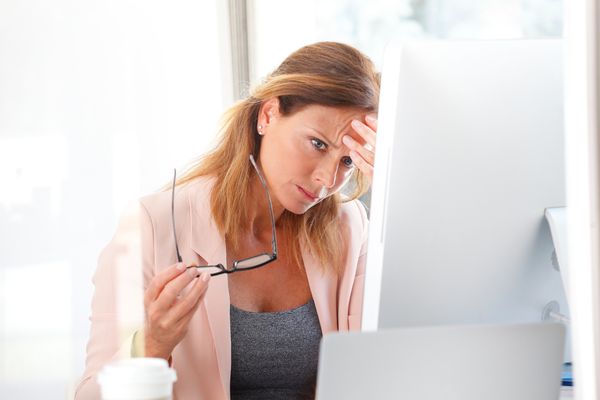I've always had a thing about driving. I like it. So many people don't, but getting behind the wheel never bothers me—except in a couple of instances.
One is driving on an icy or snowy road—that absolutely terrifies me. And living in the Northeast, it's impossible to avoid. Sometimes a snow or ice storm can catch you unawares, and you have a long drive home from wherever you were when the bad weather began. That's when I ditch my usual confident manner and drive at a crawl, white-knuckling it and holding my breath until I get to my destination.
The second is driving when I'm tired. Although I've never actually fallen asleep at the wheel, there are times when I'm so fatigued that I feel very close to nodding off. I know many people who have actually done this—and they're truly fortunate to have escaped relatively unscathed (although their cars are sometimes another story).
To say they're really lucky is an understatement: Research shows that accidents involving drowsy driving are more likely to result in injuries and deaths than those that are not caused by falling asleep at the wheel. Of all fatal motor vehicle accidents, 2.5 percent of them involve drowsy driving.
READ IT! Sleep Disorders
What's frightening is that you might not be the one to fall asleep at the wheel, but another driver might, involving you in a collision. Sleep-related crashes result in many rear-end and head-on collisions. A new study published recently in the U.S. Centers for Disease Control's Morbidity and Mortality Weekly Report uncovered a scary statistic: Out of the 150,000 drivers it surveyed, it found that 4.2% of its respondents admitted to having fallen asleep while driving in the last 30 days. Nodding off was more commonly reported among men and younger drivers. The highest rates were in Texas and the lowest in Oregon.
READ IT! Can Sleeping More Really Help You Lose Weight?
So, what to do? Many times the answer is easy and obvious: hand the wheel over to another person. But that's not always possible. The other person might not have a license, might be unable to drive (maybe you were out and the other person had one too many) or there might not be another person. (That happened to me last night, when I had an hour's drive home, and I was all by my lonesome. I did what the experts say are not effective—I opened the window for some fresh air, turned up the radio and sang out loud).
Here's what helps, including some tips from the CDC:
- Get enough sleep (7-9 hours is best).
- Seek treatment for sleep disorders.
READ IT! Sleep Apnea Affects Women, Too
- Refrain from using alcohol before driving.
- If you work irregular hours, consider alternate or public transportation.
- Take a power nap during the day.
- Take a caffeine nap. (Drink a cup of coffee, then close your eyes and take a short snooze. Since it takes caffeine about 20 minutes to have an effect, you'll be alert when you wake.)

